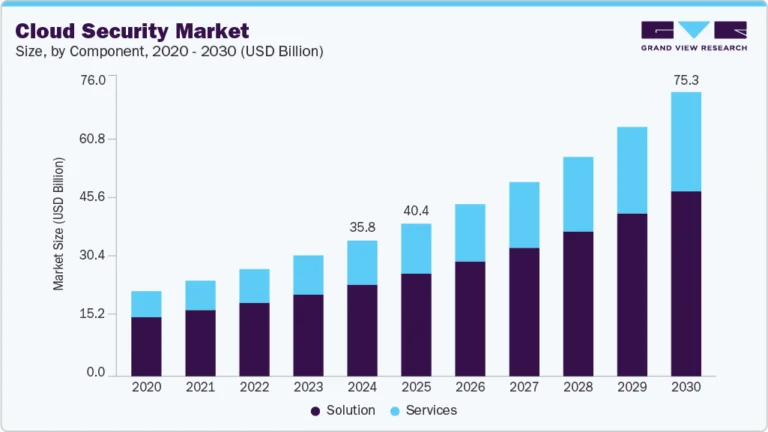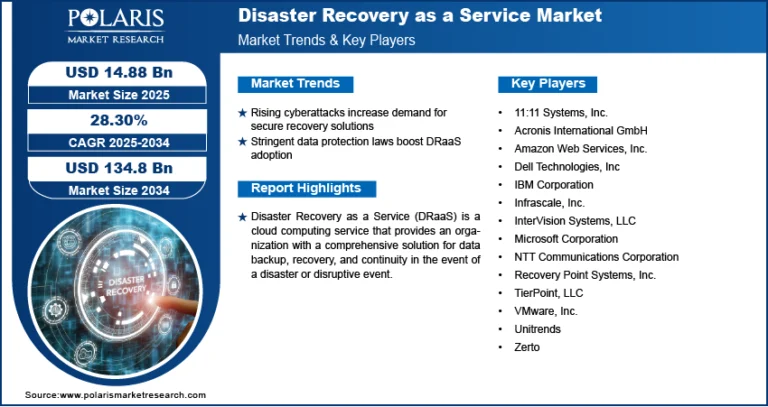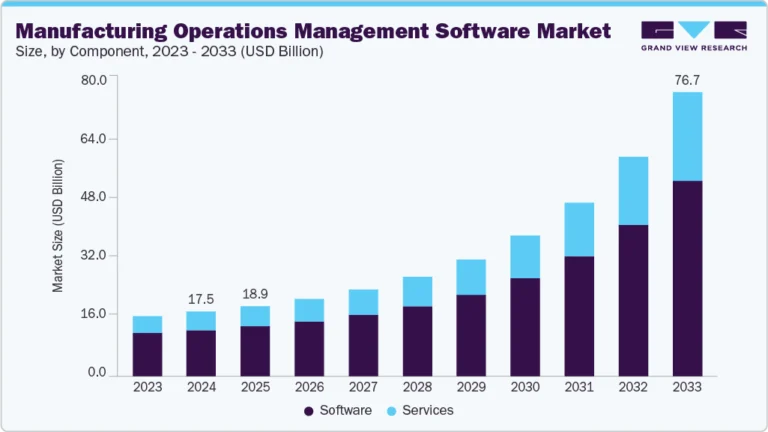Marketing Analytics Software Market Size, Share & Trends Analysis growing at a compound annual growth rate (CAGR) of 16.7% from 2023 to 2030

The global marketing analytics software market size was valued at USD 3.78 billion in 2022 and is expected to grow at a compound annual growth rate (CAGR) of 16.7% from 2023 to 2030. The continuous need to penetrate the market more effectively and understand consumer demands is expected to encourage organizations and institutions to adopt marketing analytics tools and solutions. The use of marketing analytics enables companies to understand the performance of their marketing campaigns better and engage in comparative analysis as to which application offers the highest returns. It is done by gauging critical business metrics, such as marketing attribution, overall marketing effectiveness, and return on investment (ROI).
Request a free sample copy or view report summary: https://www.grandviewresearch.com/industry-analysis/marketing-analytics-software-market/request/rs1
Cloud computing technology has been one of the primary growth drivers for the market. Large enterprises engage in several marketing channels, which results in the generation of large datasets. Cloud computing enables marketers to organize and analyze structured and non-structured data cost-effectively using marketing analytics platforms. The popularity of cloud-based marketing analytics software has increased owing to benefits such as better functionality and cost-effectiveness, and this has encouraged service providers, such as Oracle Corporation and Adobe Inc., to offer cloud analytics solutions to marketers.
The rapid penetration of social media platforms has also offered growth opportunities to market players. Facebook and Instagram are two of the most used social media platforms worldwide that offer marketers new channels to advertise their products. Social media platforms gather a large amount of user data, such as audience demographics and demands, which can be effectively utilized to understand consumer buying preferences and offer products, services, and solutions according to their needs. Several SMEs such as Zulily, LLC, RealEats, and large enterprises such as TGI Fridays Franchisor, LLC and Subway IP LLC have used marketing analytics solutions, which have helped the companies enhance their product applications and improve business operations.
Organizations continuously undertake various measures to optimize their marketing investment, which is spent on marketing campaigns. Big data analytics has facilitated the growth of the market as it helps in analyzing customer loyalty, marketing performance, and consumer engagement. The popularity of the Marketing Mix Model (MMM) is fueling market growth due to the technology’s ability to help organizations estimate spending on different advertising channels and their effectiveness. It has resulted in a rising demand to upskill marketers or hire technically qualified marketers responsible for incremental market growth.
Social media marketing is a crucial strategy opted for by publishers for monetization. The digital marketing model envisages the application developers getting paid by the advertising agencies for serving the advertisements via their mobile apps. Mobile-based advertising is playing a decisive role in driving global media consumption. Hence, social media is emerging as a vital marketing channel for advertising agencies and brands. By enabling features such as sophisticated user targeting and data tracking, social media marketing platforms also allow advertisers to target customers with pinpoint accuracy. Several publishers and marketers are adding social media channels and cross-device campaigns to their advertising strategies.
Apart from targeting users individually based on their interests and locations, among other parameters, advertisers and marketers are also leveraging advances in technology to improve the ability to ensure that appropriate ads are delivered flawlessly to the relevant users. Any further advances in technology would continue to improve the effectiveness of the delivery of marketing solutions.






